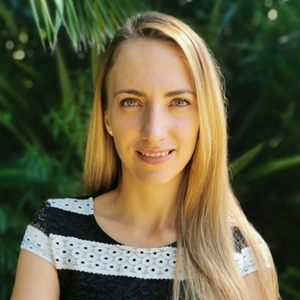They say that getting old happens slowly, and then all at once. Most of the change around us occurs so gradually that we barely notice it; ageing, losing or gaining our fitness, losing or gaining weight, intimacy in relationships, and debt and investing. These are some of the areas of incrementally-unnoticeable change with which we’re most familiar.
Often, our experience begins with gaining or losing “Just one more”. Just one more day before we arrange that video call, one more day of rest before returning to our exercise, one more helping of food before we’re full, one more credit account.
It’s okay to have just one more, in the wrong direction… as long as we can recognise when it’s a habit before it becomes unhealthy for us. Obviously, we’d like to be in the practice of having just one more in the right direction. For example, just one more lap in the pool, one more yoga video, one more glass of water, one more payment on my credit card.
When change happens slowly, it’s easy to think that nothing is really changing yet. This is why it doesn’t seem to happen until it happens all at once. We can carry small changes for a long time, but the longer we carry them, the more noticeable they become.
Debt and unhealthy financial choices can seem small and manageable when they occur, but slowly, over time and with compounding interest (in the wrong direction), we can become overwhelmed. This is because it’s not the weight that matters; it’s how long we’re carrying it for that matters.
Imagine holding a glass of water out in front of you. It’s easy to do because it’s not heavy. But what if you had to hold that glass of water in front of you for an hour or an entire day. What if you tried to keep it in that position for a month?
The glass doesn’t get heavy; our arm gets tired. The same is true for our unhealthy habits. We can think that accounts here and there, a credit card here and there, are manageable, but over time if we keep adding just one more, we will be overwhelmed.
Luckily, the same principle applies in the opposite direction! If we decide to make just one more payment on our credit card, instead of one more payment from our credit card, we will slowly start to pay it off.
If each day, week or month, whatever is workable, we decide to reinforce one more healthy habit and release one more unhealthy habit, we may not see any change until all at once; we’re debt-free, healthier and happier. Not because of what we have, but because of the person we’ve become.













